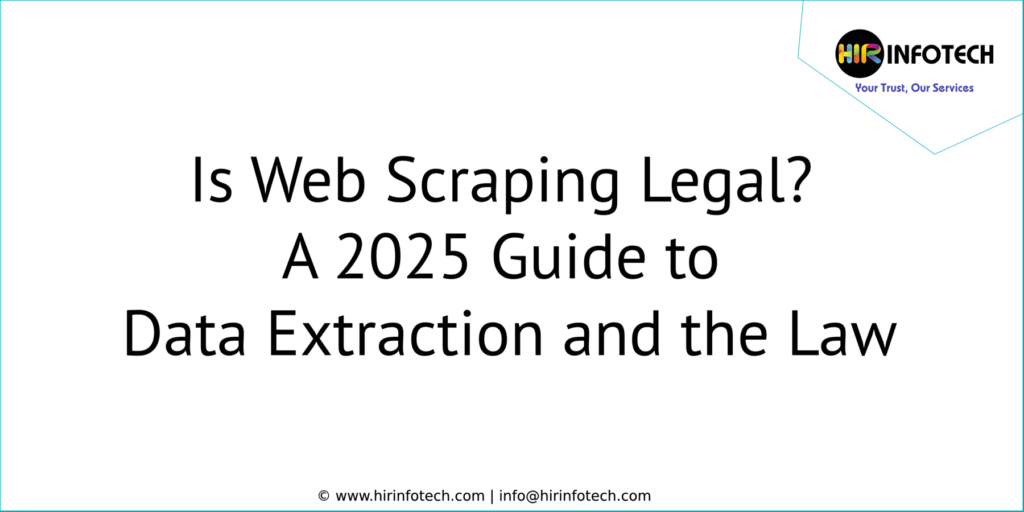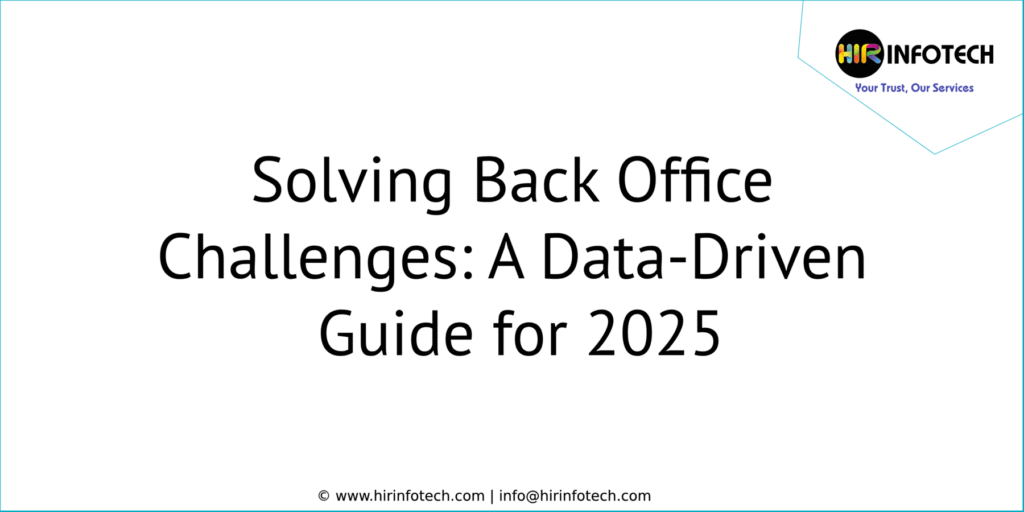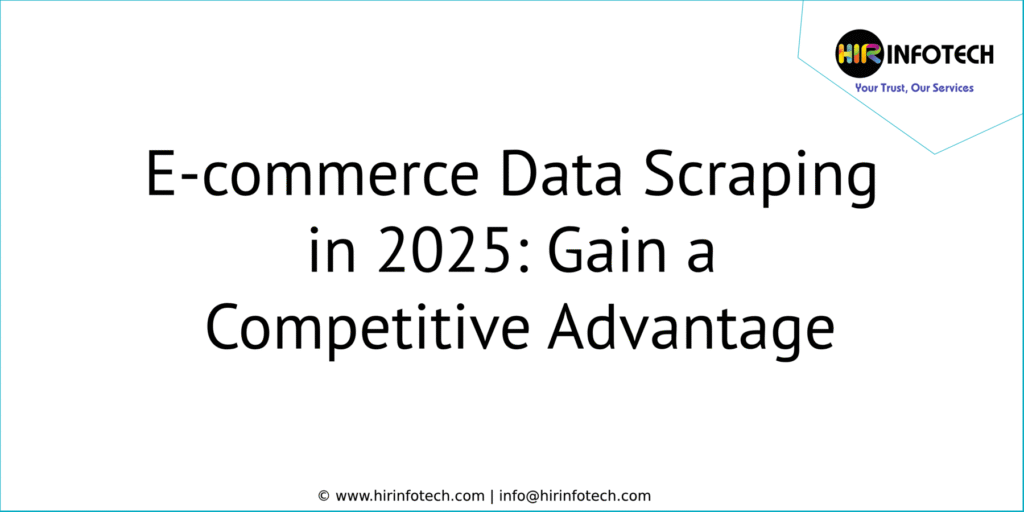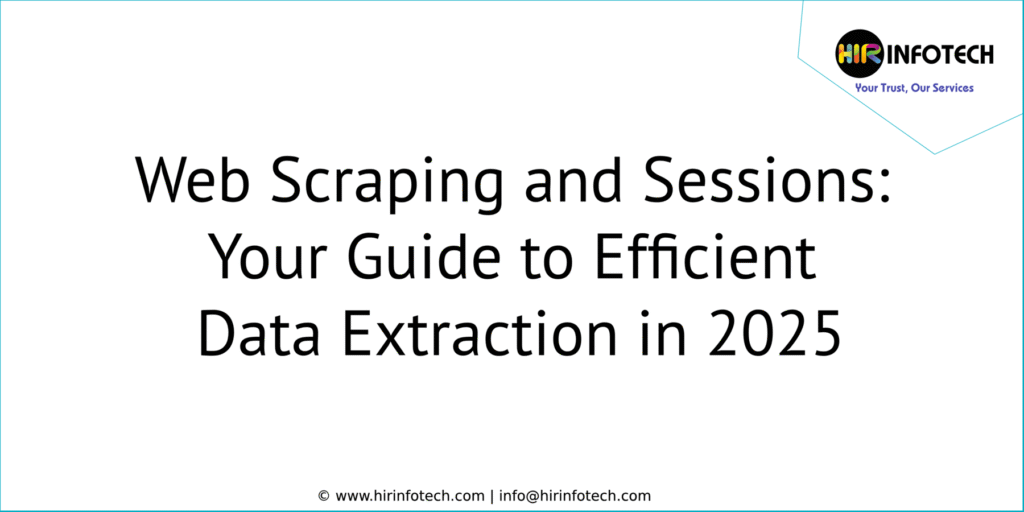
Introduction:
Web scraping is a powerful way to gather data. But is it legal? This guide explores the legal aspects of web scraping. We’ll focus on key principles and best practices for 2025. This information is for businesses, not lawyers. Always consult with legal counsel for specific advice.
What is Web Scraping (and Screen Scraping)?
The original article uses “screen scraping.” While often used interchangeably with “web scraping,” there’s a subtle difference:
- Web Scraping: Extracting data from the HTML code of a website. This is the most common and efficient method.
- Screen Scraping: Extracting data from the visual display of a website (what you see on your screen). This is less common and often less reliable.
This guide focuses on web scraping, but the legal principles generally apply to both. Web scraping is automated data collection. It’s like having a robot copy information from websites and put it into a spreadsheet. It’s much faster than doing it manually.
Why is Web Scraping Controversial? (The Legal Gray Areas)
Web scraping exists in a legal gray area. There isn’t one single law that says “web scraping is always legal” or “web scraping is always illegal.” It depends on what you scrape, how you scrape it, and what you do with the data. The original article highlights key concerns:
- Copyright Law: Can you copy data from a website without infringing copyright?
- Website Terms of Service: Do websites have the right to prohibit scraping in their terms of use?
- Computer Misuse Laws: Can excessive scraping be considered unauthorized access to a computer system?
Australian Copyright Law (as per the Original Article)
The original article focuses on Australian law. Here’s a summary:
- Original Work: Copyright protects original works (like novels, poems, paintings, and songs).
- Data and Originality: Data itself (facts, statistics) is usually not considered original work. Therefore, it’s generally not protected by copyright.
- Organized Data: However, the way data is organized can be protected by copyright. Examples include databases, directories, and even some types of forms. This organization must involve some level of creativity or intellectual effort.
- Fair Dealing Exceptions: Australian law has “fair dealing” exceptions to copyright. These allow limited use of copyrighted material for purposes like:
- Research or study
- Criticism or review
- Parody or satire
- Reporting news
- Business Use: Fair dealing typically does not cover web scraping for purely commercial purposes.
International Legal Considerations (Beyond Australia)
While the Australian example is helpful, web scraping laws vary around the world. Here are some key principles and laws to consider:
- United States:
- Computer Fraud and Abuse Act (CFAA): Prohibits unauthorized access to computers. The interpretation of “unauthorized” is crucial in web scraping cases. Recent court rulings (like LinkedIn vs. hiQ Labs) suggest that scraping publicly available data is generally permissible under the CFAA.
- Copyright Act: Protects original works of authorship. Scraping and republishing copyrighted content without permission is generally illegal.
- State Laws: Some states, like California, have additional data privacy laws (CCPA/CPRA).
- European Union:
- General Data Protection Regulation (GDPR): Strict rules for collecting and processing personal data of EU residents. This applies even if you’re scraping data from a website located outside the EU. Read the GDPR text here.
- Database Directive: Provides specific protection for databases. Extracting a substantial part of a database, even if the individual data points are not copyrighted, can be an infringement.
- United Kingdom:
- Copyright, Designs and Patents Act 1988: This is the primary law.
- Canada:
- Copyright Modernization Act
- General Principles:
- Public vs. Private Data: Scraping publicly available data is generally more permissible than scraping data that requires a login or is otherwise restricted.
- Terms of Service: Website terms of service often prohibit scraping. Violating these terms could lead to legal action (breach of contract).
- Trespass to Chattels: This legal concept (mentioned in the original article) can apply if your scraping activity harms the website’s server (e.g., by causing it to slow down or crash).
Website Terms of Use (A Key Factor)
The original article correctly emphasizes the importance of website terms of use. These terms are essentially a contract between the website owner and the user.
- Explicit Prohibition: Many websites explicitly prohibit web scraping, data mining, or automated data collection in their terms of service.
- Enforceability: The enforceability of these terms can vary. Some courts have upheld them, while others have been more lenient, especially when dealing with publicly available data.
- Best Practice: Always read the terms of service before scraping. If scraping is prohibited, respect that rule.
What Happens if a Website Bans You? (The “Trespass to Chattels” Concept)
The original article mentions “trespass to chattels.” This is a legal concept that applies to personal property. In the context of web scraping, it means interfering with the website owner’s server.
- Overloading the Server: If your scraping activity is so aggressive that it slows down or crashes the website, you could be liable for trespass to chattels.
- Harm Required: Generally, you need to have caused some actual harm to the website to be liable.
- Best Practice: Scrape responsibly. Use delays between requests. Don’t overload the website.
Case Studies (Learning from Real-World Examples)
The original article mentions several important cases. It’s worth reiterating their significance:
- LinkedIn vs. hiQ Labs: A landmark case in the U.S. The court ruled that scraping publicly available data from LinkedIn did not violate the CFAA. This is a strong precedent in favor of web scraping.
- Meta vs. Bright Data: It is also similar case.
Best Practices for Legal and Ethical Web Scraping (Your Actionable Checklist)
Here’s a comprehensive checklist to ensure your web scraping activities are legal and ethical:
- Read the Terms of Service: This is the first and most important step. If scraping is prohibited, don’t scrape.
- Check Robots.txt: This file tells scrapers what they can and cannot access. Respect it.
- Scrape at a Reasonable Rate: Don’t bombard the website with requests. Use delays between requests. Be a good web citizen. Think of it like this: would a human user be able to make requests at that speed?
- Identify Yourself: Use a clear and accurate User-Agent string in your scraping requests. This helps website owners identify your scraper and contact you if necessary. Example: “MyCompanyWebScraper/1.0 (contact@mycompany.com)”
- Use Proxies and Rotate IP Addresses: This helps avoid IP blocking and makes your scraping look more like natural browsing. A custom scraping service (like Hir Infotech) will handle this for you.
- Respect Data Privacy:
- Minimize Data Collection: Only scrape the data you absolutely need.
- Avoid Personal Data: Be extremely cautious about scraping personal data (names, email addresses, phone numbers, etc.).
- Comply with GDPR, CCPA, and Other Laws: If you’re collecting data from individuals in the EU, California, or other regions with data privacy laws, you must comply with those laws.
- Anonymize or Pseudonymize Data: If possible, remove or replace identifying information.
- Secure Data Storage: Protect scraped data with strong security measures.
- Don’t Scrape Copyrighted Material: Focus on factual data. Avoid scraping large amounts of text, images, or videos without permission.
- Don’t Use Scraped Data for Spam: This is unethical and often illegal.
- Monitor Your Scraper: Regularly check your scraper to make sure it’s working correctly and not causing any problems.
- Consult with Legal Counsel: If you have any doubts about the legality of your web scraping activities, consult with a lawyer who specializes in internet law and data privacy.
Choosing a Web Scraping Service Provider (Key Considerations)
The original article briefly mentions choosing a provider. Here’s a more detailed guide:
- Legal and Ethical Compliance: Choose a provider that prioritizes ethical and legal scraping. Make sure they understand and comply with GDPR, CCPA, and other relevant regulations.
- Expertise and Experience: Look for a provider with a proven track record in web scraping. Do they have experience scraping the types of websites you need?
- Data Quality Assurance: Choose a provider with robust data cleaning and validation processes. Ask about their error rates and how they handle data quality issues.
- Technology and Infrastructure: Do they use up-to-date scraping techniques and tools? Do they have a reliable proxy infrastructure?
- Customization: Can they tailor their services to your specific needs?
- Scalability: Can they handle your current and future data requirements?
- Communication and Support: Are they responsive and easy to work with? Do they provide clear communication and ongoing support?
- Pricing: Understand their pricing model and ensure it fits your budget. Look for transparent pricing with no hidden fees.
- Data Security: How will they protect your data? Do they have strong security measures in place?
- References and Testimonials: Check the feedback.
Frequently Asked Questions (FAQs)
- Is web scraping always illegal? No. Scraping publicly available data is generally legal if you follow website rules and data privacy laws.
- What’s the difference between web scraping and using an API? An API is a structured way for a website to provide data. Scraping extracts data directly from the HTML. APIs are preferable, but not always available.
- How can I tell if a website allows scraping?
Check the website’s robots.txt file and terms of service. - What is “rate limiting,” and why is it important?
Rate limiting is restricting the number of requests a user (or scraper) can make to a website within a given time. It’s important to respect rate limits to avoid overloading the website and getting blocked. - What is a “User-Agent” string?
A User-Agent string identifies the browser or application making a request to a website. For web scraping, it’s good practice to use a clear and accurate User-Agent string to identify your scraper. - Can I sell scraped data? It depends on the data, the website’s terms, and applicable laws. Selling personal data without consent is generally illegal. Selling copyrighted material without permission is also illegal. Consult with legal counsel.
- What happens if I violate a website’s terms of service? The website owner could block your IP address, send you a cease-and-desist letter, or even take legal action.
Navigate the legal and ethical landscape of web scraping with confidence. Hir Infotech provides expert, custom web scraping services. We ensure your data collection is compliant, ethical, and delivers high-quality results. Contact us today for a free consultation and let’s discuss your data needs!



